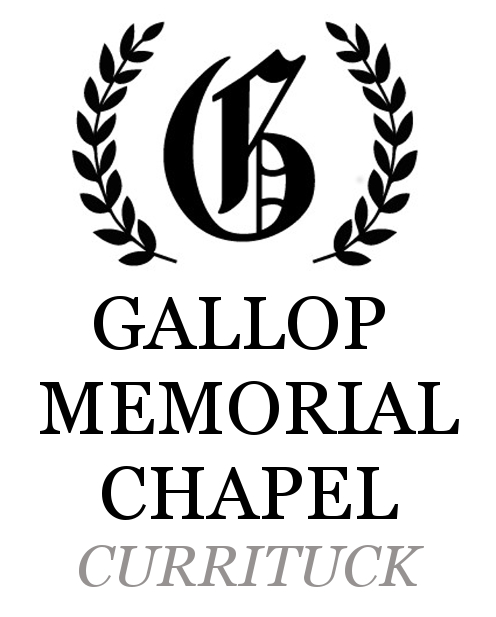Tracking Pilgrims in the Holy Land:
Contexts and Signs observed at Abila/Quwayliba, Jordan
The Museum of the Albemarle will host our monthly History for Lunch on Wednesday, September 21, 2022, at 12 p.m. Dr. Robert W. Smith, Mid-Atlantic Christian University, will provide information on his archaeological experience this summer at Abila.
Pilgrimages and pilgrims from late antiquity can be tracked if you have the eyes to see the signs. When many travel to ancient, ruined cities, all they see are heaps of rocks! This presentation seeks to open their eyes to see the evidence. The archaeological presentation will use the site of the pilgrimage complex built in the center old Decapolis city of Abila, located at Quwaylibah, Jordan, to introduce the general environmental and sociological contextual factors that promoted pilgrimage at the site. Evidence of larger signs, such as the architecture, medium signs like specialized furnishings, and small signs, such as personal artifacts and inscriptions, will be discussed. The Abila Pilgrimage Complex is never mentioned in preserved ancient pilgrimage accounts as a major site; it provides a wide spectrum of the possible types of evidence.
The presentation will appeal to individuals interested in the lands held sacred by Jews, Christians, and Muslims and interested in the human response to a world of earthquakes, famine, wars, and epidemics.
The Museum will offer the History for Lunch in-person and virtually through Zoom. Register in advance through the Museum’s Facebook page or website to receive link to attend lecture virtually.
The virtual program is supported by Southern Bank and Biggs Cadillac Buick GMC of Elizabeth City.


























